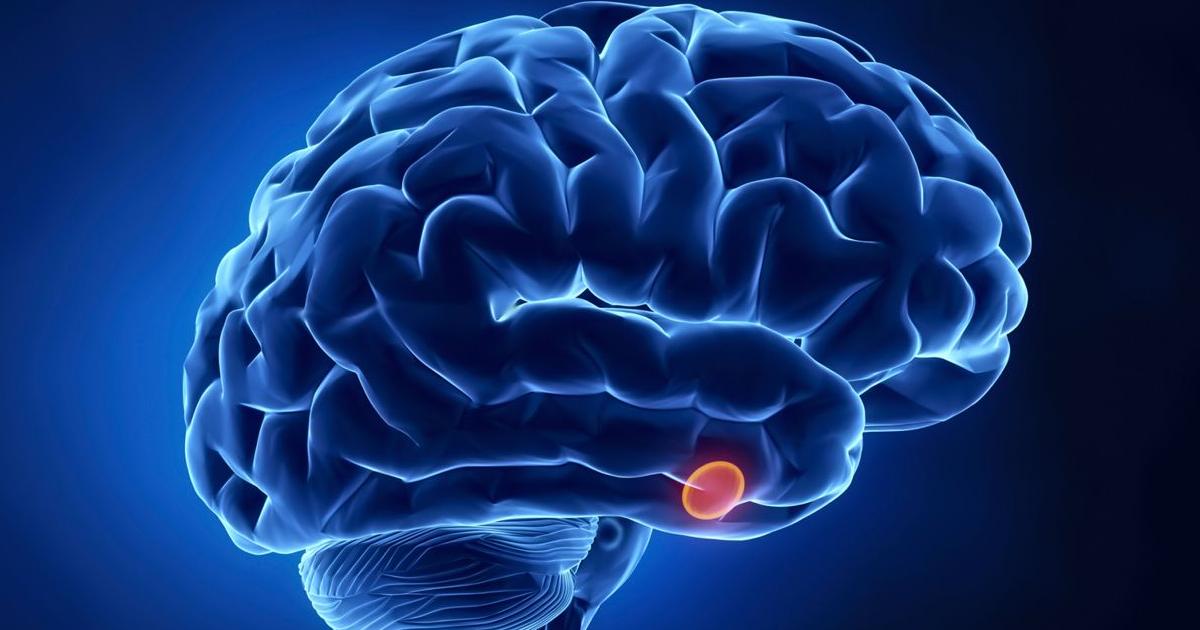Causes, Symptoms, And Treatment Of Diabetes Insipidus
Damage To The Pituitary Gland

When an individual has sustained damage to their pituitary gland, it can cause them to develop a form of diabetes insipidus called central diabetes insipidus. Individuals affected by central diabetes insipidus are unable to regulate their water balance inside of the body properly. The pituitary gland is located behind the bridge of an individual's nose and at the base of their brain. This main gland is responsible for the secretion of a hormone called anti-diuretic hormone into the rest of the individual's body. However, if the pituitary gland becomes damaged as a result of a tumor, previous surgery, illness, or head injury, it may cause it to malfunction. This malfunction may manifest as an inability to produce sufficient amounts of anti-diuretic hormone. In addition, any of these factors can cause an individual's pituitary gland to have difficulty storing and releasing the anti-diuretic hormone, which can also result in the development of central diabetes insipidus. This type of diabetes insipidus may also be caused by an inherited genetic disease with adverse effects on the patient's pituitary gland.
Keep reading to uncover more potential causes of diabetes insipidus now.